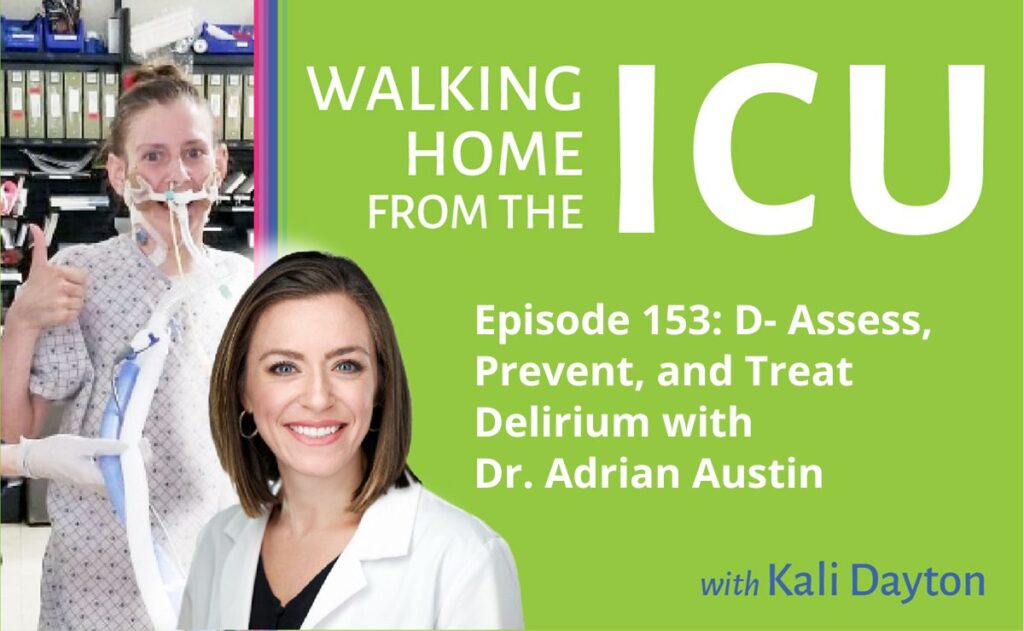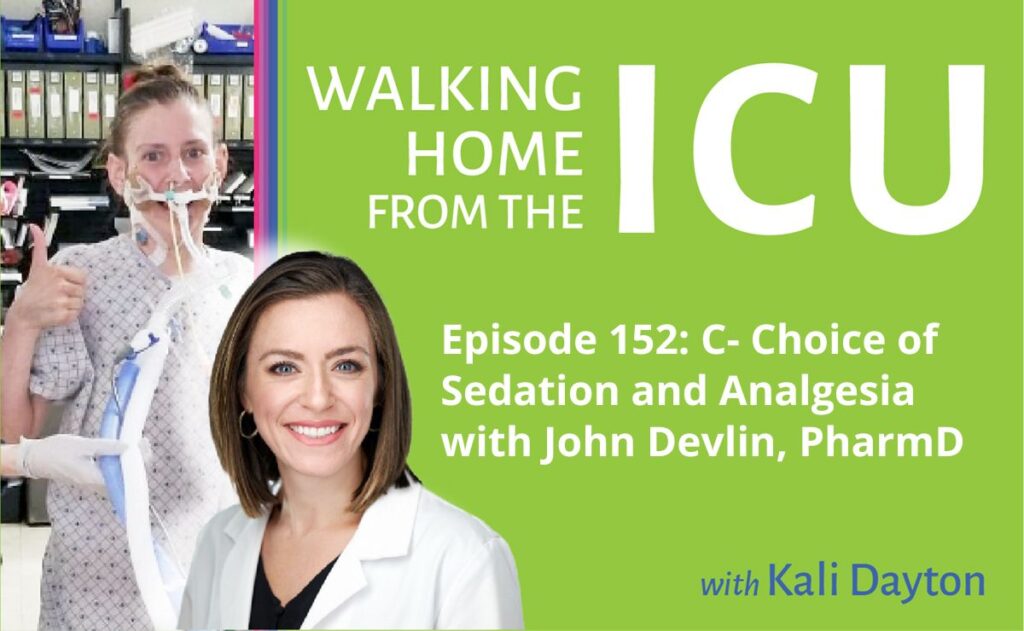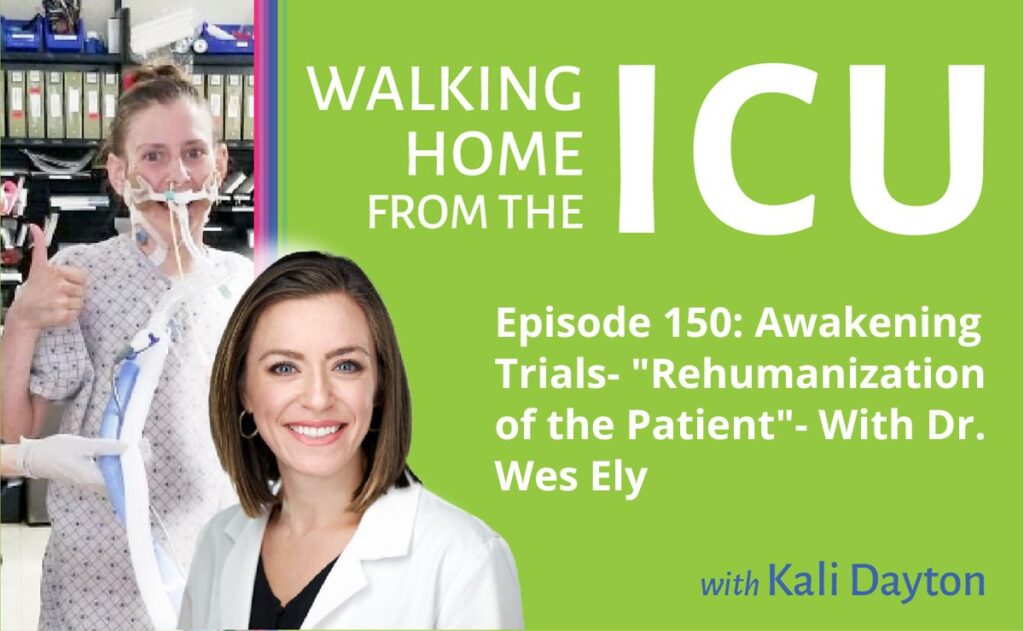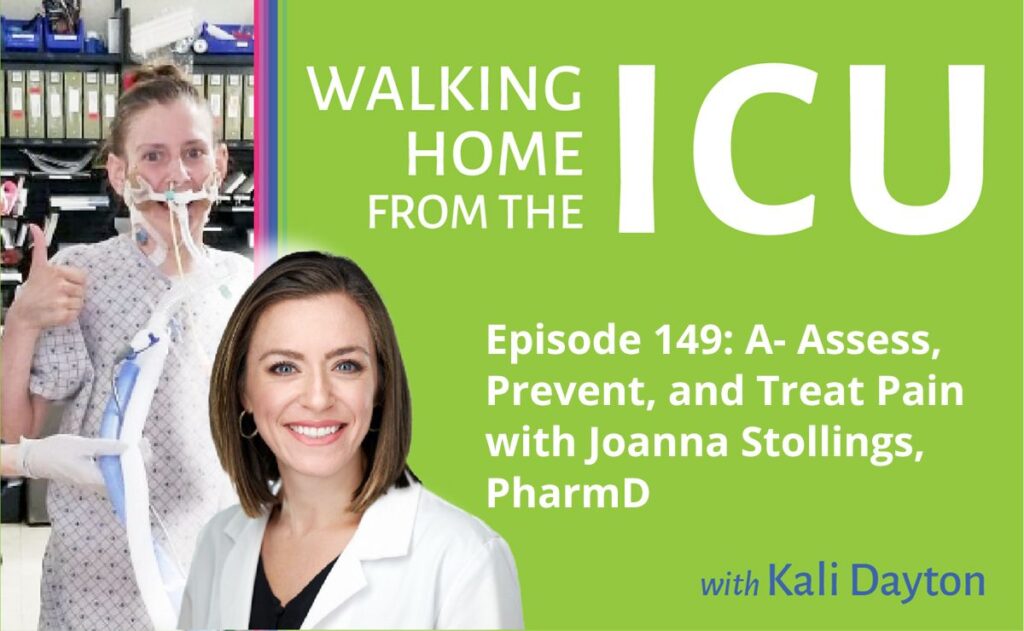
Walking Home From The ICU Episode 153: D- Assess, Prevent, and Treat Delirium with Dr. Adrian Austin
The normality of delirium in the ICU is often mistaken for benign. What does it really mean to “assess, prevent, and treat delirium”? Are we treating a positive CAM score with the same urgency as a positive tropinin? If we are automatically starting deliriogenic medications on every patient immediately upon intubation, are we truly practicing





